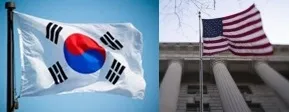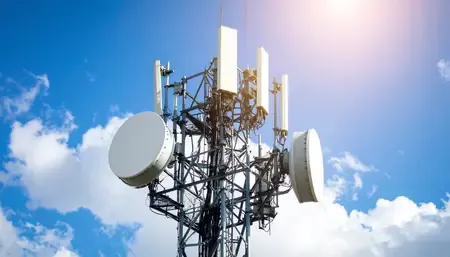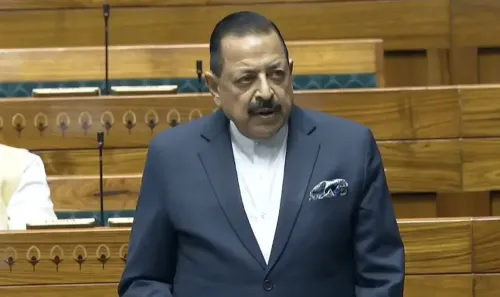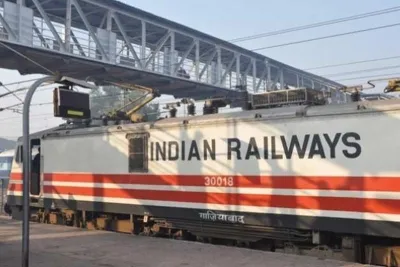How is South Korea Enhancing Communication with the US on Agricultural Imports?

Synopsis
Key Takeaways
- South Korea aims to improve trade relations with the U.S.
- A U.S. desk is established for better communication.
- AI technology will enhance risk assessments in agriculture.
- The trade deal has reduced tariffs significantly.
- Long-term plans include zero percent tariffs on many U.S. products.
Seoul, Aug 7 (NationPress) South Korea is set to enhance its communication with the United States regarding sanitary and phytosanitary procedures (SPS) for agricultural imports, aiming to improve trade relations between the two nations, announced the agriculture minister on Thursday.
"This is why we are establishing a U.S. desk within the Animal and Plant Quarantine Agency (APQA) to facilitate a direct contact point with Washington," said Agriculture Minister Song Mi-ryung during a regular press briefing, as reported by Yonhap news agency.
The Ministry of Agriculture, Food and Rural Affairs is also planning to strengthen its scientific capabilities for assessing risks related to fruits, vegetables, and other agricultural products from abroad, including the U.S. Additionally, the government intends to incorporate artificial intelligence (AI) technology into its SPS procedures.
Song's comments followed Seoul's agreement to enhance its SPS for agricultural imports as part of a trade deal with the Donald Trump administration, which raised multiple issues concerning agro-livestock trade.
The agreement, which reduced Washington's reciprocal tariff rate for Korea to 15% from the previously suggested 25%, allowed the Korean government to maintain its stance on contentious matters, such as the restriction on American beef products from cattle older than 30 months and the expansion of rice imports from the U.S.
Regarding speculation about the possibility of simplifying Korea's SPS, Song clarified that the existing eight-step process is unlikely to be condensed as it adheres to an international arrangement. However, she emphasized that improved communication between Seoul and Washington could expedite the process.
For instance, the APQA is currently in the second phase of evaluating the potential risks of importing American apples and is in the sixth phase regarding potatoes from 11 U.S. states.
"We can improve our communication with the U.S. on such ongoing processes," Song stated during the briefing.
She also highlighted that Seoul plans to implement a zero percent tariff on 97.8% of 1,591 agricultural products from the U.S. by 2031, as part of their bilateral free trade agreement (FTA).
"Throughout the tariff negotiations with the U.S., I realized that for a small nation like ours to thrive, we must diversify our export markets instead of solely relying on the U.S., China, and Japan, as we've been doing so far," Song remarked, noting the ongoing pressure on Korea to ease its trade barriers.
"We have navigated this challenge successfully, but we must fundamentally strengthen the competitiveness of our agro-livestock sector, as we may eventually need to eliminate all non-tariff trade barriers," she concluded.










